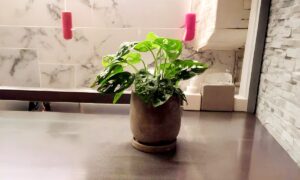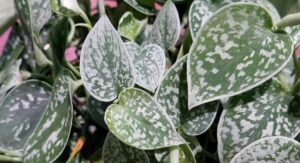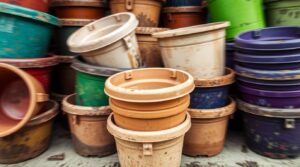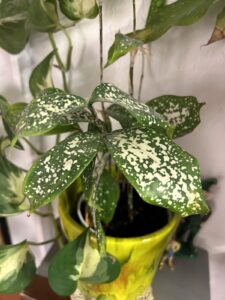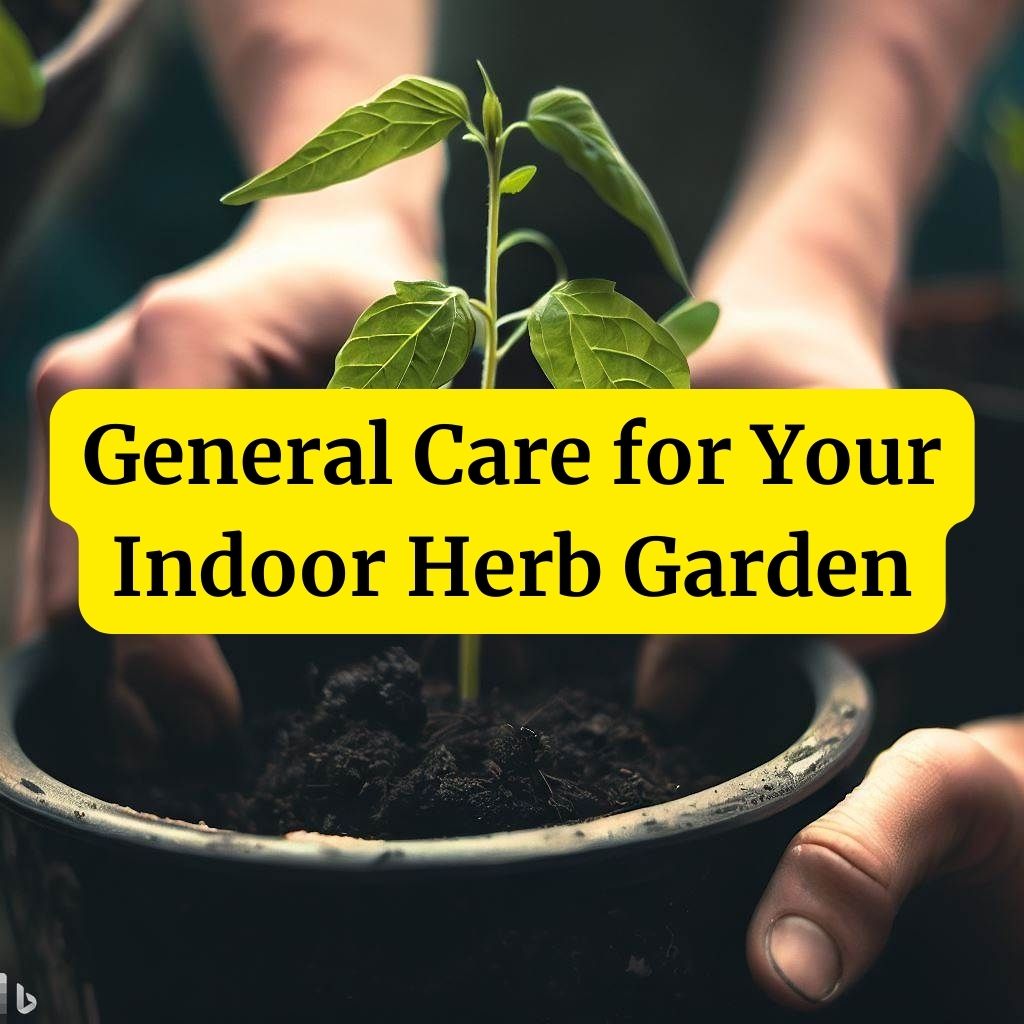
In this comprehensive guide, we’ll explore the best practices for general care of your indoor herb garden, sharing expert tips and firsthand experiences to ensure your herbs flourish.
In this article
What to Look for When Buying Herbs from a Store
When shopping for herbs, keep an eye out for these key factors:
- Variety: Choose herbs that suit your culinary preferences and needs. Basil, mint, rosemary, and thyme are popular choices.
- Health: Examine the plants closely. Opt for herbs with vibrant green leaves and no signs of wilting or disease.
- Roots: Check the root system. Healthy herbs have well-developed, white roots.
- Pot Size: Ensure that the pot is not overcrowded. Overcrowded pots can lead to stunted growth.
Transplanting Store-Bought Herbs
Once you’ve selected your herbs, it’s time to bring them home. Here’s how to transplant them effectively:
- Prepare the Pot: Choose a pot with good drainage and fill it with quality potting soil.
- Gentle Handling: Carefully remove the herbs from their store pots, being mindful not to damage the roots.
- Replant: Place each herb into the new pot, ensuring it’s at the same depth as it was in the store pot.
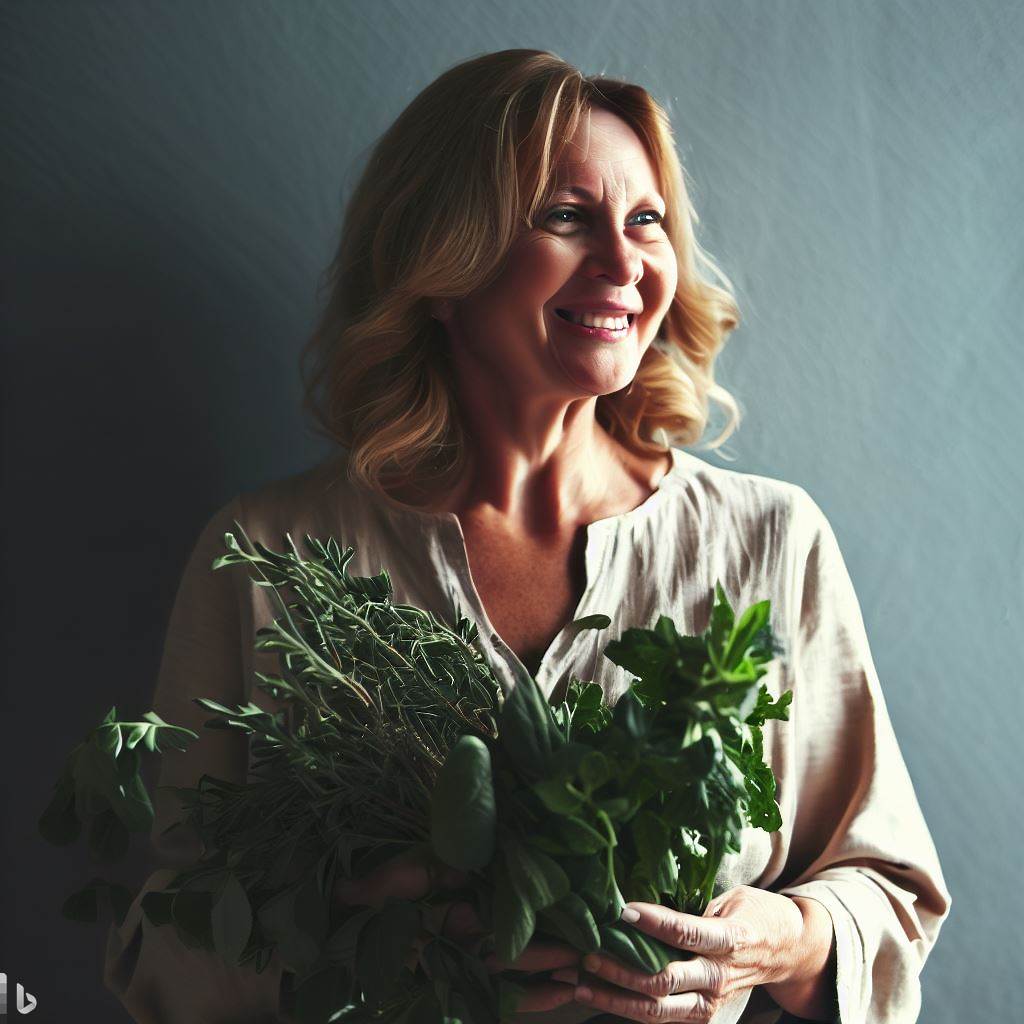
Watering Herbs
Watering your indoor herb garden is both an art and a science. Here’s how to get it just right:
- Frequency: Herbs prefer slightly moist soil. Water them when the top inch of the soil feels dry to the touch.
- Avoid Overwatering: Overwatering can lead to root rot. Always allow excess water to drain from the pot.
- Water at the Base: Direct water to the base of the plant, avoiding wetting the leaves, which can lead to fungal issues.
Weeding Herbs
Herb gardens, like any other, can fall victim to weeds. Keep your indoor oasis pristine with these tips:
- Regular Inspections: Check your herbs for weeds periodically and remove them promptly.
- Mulch: Apply a layer of organic mulch to deter weeds and retain moisture.
Fertilizing Herbs
Just like us, herbs need a little boost from time to time. Here’s how to keep them well-fed:
- Choose the Right Fertilizer: Opt for a balanced, water-soluble fertilizer.
- Follow a Schedule: Feed your herbs every 4-6 weeks during the growing season.
Pruning Herbs
Pruning is an essential part of herb care, and it’s not just about aesthetics:
- Promote Growth: Regularly snip off the top leaves to encourage bushier, healthier growth.
- Prevent Flowering: Pinch off flowers as they form to prevent your herbs from going to seed, which can affect flavor.
Dividing Herbs
As your indoor herb garden matures, you might need to divide and conquer:
- Transplanting: When herbs outgrow their pots or become overcrowded, carefully divide them and replant in separate containers.
Harvesting and Relocating Herbs
The moment of truth has arrived—harvesting your herbs! But before you do, consider these tips:
- Timing: Harvest herbs in the morning when their oils are most concentrated.
- Use Sharp Shears: Cut herbs with sharp, clean scissors or shears to avoid damaging the plant.
- Relocating: If your herbs outgrow their indoor space, consider moving some to an outdoor garden or gifting them to friends.
Armed with expert advice and a touch of green magic, you’re well on your way to a thriving indoor herb garden that will spice up your culinary creations and add a breath of fresh air to your life.
Happy gardening!
Frequently Asked Questions
Can I grow any herb indoors?
While many herbs can thrive indoors, some, like dill and fennel, may be better suited to outdoor gardens due to their size and sunlight requirements.
How often should I prune my herbs?
Prune your herbs as needed, but a general rule of thumb is to remove no more than one-third of the plant at a time to ensure healthy growth.
Do indoor herbs need direct sunlight?
Most herbs do best with at least 4-6 hours of indirect sunlight per day. You can supplement with artificial grow lights if necessary.
Is it possible to over-fertilize my indoor herbs?
Yes, over-fertilization can harm your herbs. Follow the recommended dosage on the fertilizer packaging and avoid overfeeding.
What are the best herbs for beginners to grow indoors?
Mint, basil, and parsley are excellent choices for beginners. They’re relatively easy to care for and can thrive indoors with proper attention.

